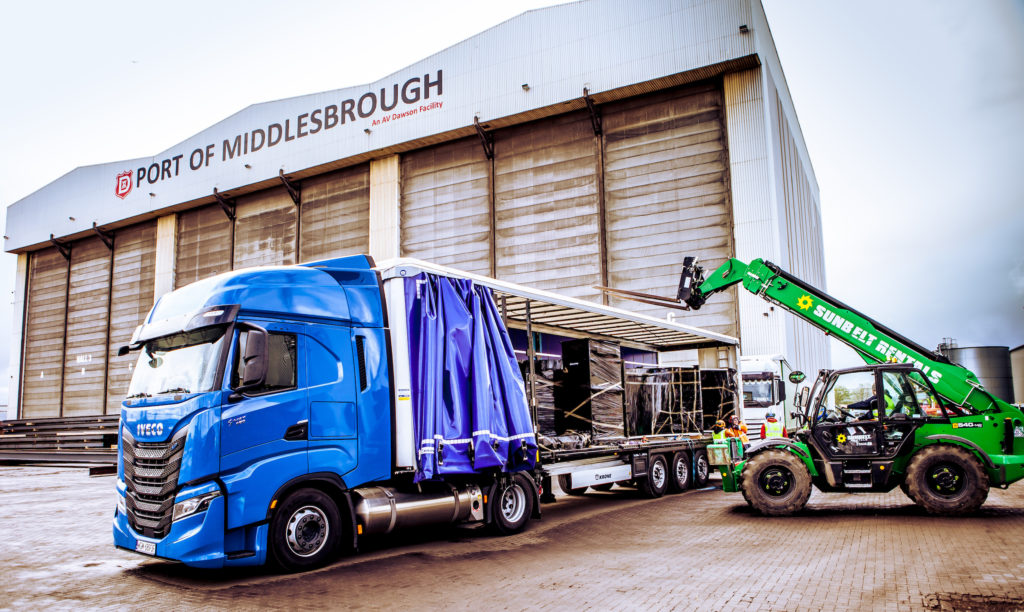Environmental Highlights
Reducing CO² emissions
Our product has a high biomass content in waste wood, paper and cardboard.
Protecting nature
We re-use non-recyclable waste, which reduces plastic pollution.
Minimising fossil-fuel extraction
Burning existing waste means there’s less need to extract fossil fuels.
Ensuring consistency of product
By sourcing SRF from multiple producers and brokers we can ensure reliability and uniformity.

The future is in greener energy
Governments around the world are setting tougher and tougher targets in relation to carbon dioxide reduction because of the impact on the climate. The UK and EU have a target of net zero greenhouse gasses by 2050. Currently we’re on target to reach 37% reduction in emissions by the end of the year (2022). But the Climate Change Committee has said the government will have to ‘introduce more challenging measures’ if the UK is to meet net zero by 2050.
Thankfully, there is much innovation happening in alternative fuels for high-energy-using heavy industries, and WKE is at the forefront of creating a genuine, effective, consistent and reliable substitute for conventional forms of fuel.
As the climate crisis forces heavy industries to reimagine their futures, we are getting ready to support them in their decarbonisation journeys. Our goal is to assist and accelerate industrialists as they deliver on their net-zero strategies.
WKE alternative fuels and the environment
Cement, steel, power and brickmaking all play a critical role in our lives, and demand is increasing as economies around the world continue to develop. Producing these materials, however, requires vast amounts of energy – and the pressure is mounting on businesses in these sectors to find new ways to source fuel and comply with net zero targets. If these industries are to be part of a sustainable future, their emissions must fall dramatically – despite the increase in demand for their products.
At WKE, we believe we have found a viable answer to this multi-sector conundrum. Our alternative fuel pellets have many benefits. They protect nature by re-using non-recyclable waste, avoiding plastic pollution on land and in our oceans; they reduce the need for the damaging extraction of fossil fuels, and they significantly lower CO2 emissions. With ambitious targets for CO2 reduction by 2030 across the EU and UK, now is the time to explore how WKE’s alternative fuel pellets could help your business play its part in the fight against climate change.
“Our goal is to produce a quality, stable and compliant fuel which will enable our customers to enhance their ESG scores with cleaner, cheaper energy.”
Ian Jones, CEO
Cutting back on transportation
WKE’s plan is to bring advances in cleaner fuel innovation to as wide a market as possible, and to do that without driving up long-distance transportation unnecessarily, which would diminish carbon emission gains. We have plans to expand across the UK and West Europe to take advantage of local transport hubs.
Our first site is at the port of Middlesbrough on the North Sea Supply Base and is ideally located to enable efficient transportation by land, sea or rail.
Ensuring security of supply
By sourcing raw materials from multiple locations, we can homogenise our output, ensuring consistency and reliability.
Industries with specific requirements for their fuel supplies can take advantage of our bespoke fuel design expertise. Thanks to our range of suppliers and advanced monitoring systems, we can create fuels to suit your exact needs.
We are ISO certified
We have recently been awarded our integrated UKAS-accredited system certification for ISO 9001 quality management, ISO 14001 environmental management and ISO 45001 health and safety management, and we look forward to working with clients across the world to provide alternative fuel solutions that reduce fuel costs and carbon emissions.
ISO is an international set of standards that help organisations across the world ensure they meet customer and other stakeholder needs.
